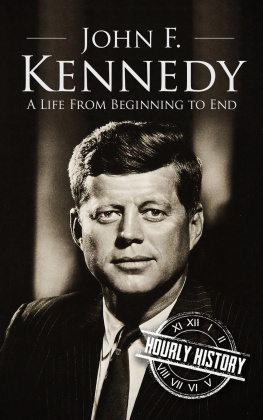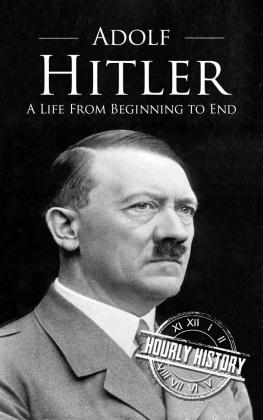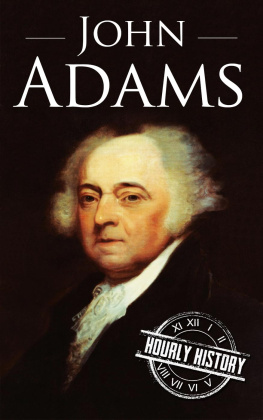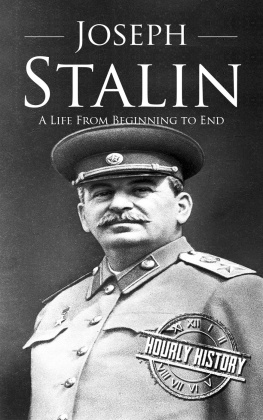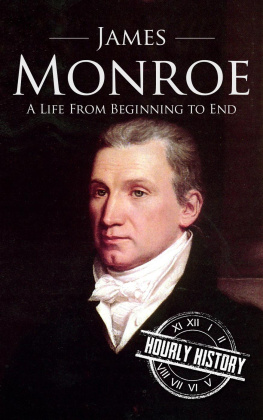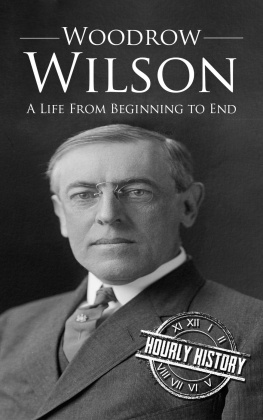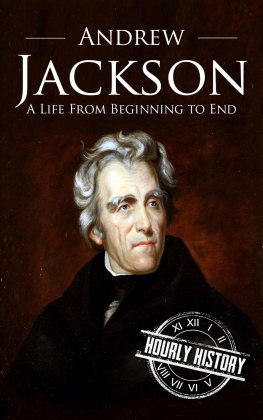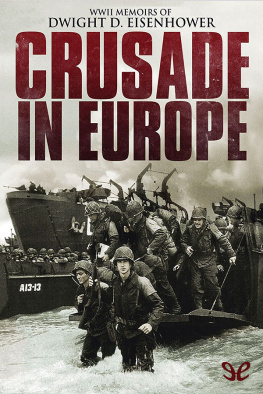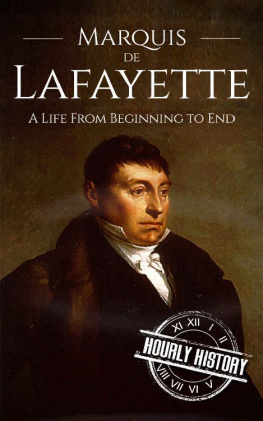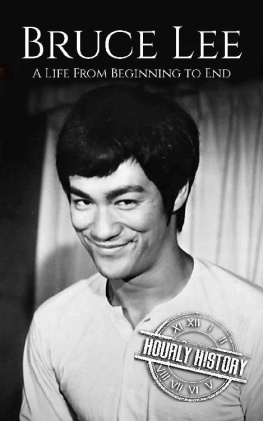Introduction
I like Ike was more than a campaign slogan for Dwight D. Eisenhowers run for the presidency in 1952. The West Point graduate and World War II Supreme Commander in charge of the Normandy invasion was indeed likable; even Bernard Montgomery, the irascible British general who believed that he was the supremely qualified military leader who should have been named the Supreme Commander, called Eisenhower a nice chap, adding in, however, the remark that he was no soldier. Whatever deficiencies Montgomery believed that Eisenhower displayed as a soldier, the Kansas-born Americans contribution to the global conflict that established the United States as a world power had created a sufficiently impressive resume to provide him with a presidential gloss. He would serve as the nations thirty-fourth president, but in his youth, no one saw the signs of greatness that would take him so far. Eisenhower was not one to boast of his abilities; he let his work do his boasting for him and that trait, combined with an awesome knack for getting things done, helped to turn the tide of war.
But how does the son of a Mennonite pacifist turn into a soldier? How does an average West Point student become so proficient that the hard-to-please George Marshall helped to further his career? How did the president with the military background become the seer who warned the country, in his last address to the nation before leaving office, to beware of the military-industrial complex?
Behind the genial exterior was a complicated man. The only reason he became a soldier was because he could receive a free college education if he went to West Point. As a soldier who never got the chance to go into combat during World War I, he feared that his career would languish. But throughout his life and career, opportunity was always waiting; sometimes it manifested itself during hard times, and even Lady Luck seemed to like Ike.
Calling Kansas Home
Farming looks mighty easy when your plow is a pencil and you're a thousand miles from the corn field.
Dwight D. Eisenhower
T he third son of David and Ida Eisenhower, who entered the world on October 14, 1890, was born at home in Denison, Texas. The familys long-ago origins were in Germany and the original name, Eisenhauer, was changed to Eisenhower at some point during the journey that took them from Germany to Pennsylvania to finally Kansas in the 1880s. The family was of farming stock, but David Eisenhower had gone to college to become an engineer rather than following the familys farming tradition. Ida Stover Eisenhower had gone to college as well, and she and her husband were married on the campus of Lane University in 1885. They moved to Hope, Kansas where David Eisenhower owned a store but when the economy went sour and the business failed, the family moved to Texas, living there from 1889 to 1892. Then they moved back to Kansas where David Eisenhower worked as a mechanic, first for the railroad and then with a creamery.
Dwight David Eisenhower spent his youth in the small farm town of Abilene, Kansas, one of the seven Eisenhower sons born to a poor family. He was originally named David Dwight after his father, but his mother switched the names because having two Davids in the family was too confusing. Even though his father wasnt a farmer, he worked in a creamery, one of the agricultural industries that depended upon farming. The nickname Ike was a family moniker bestowed upon all the boys, but only Dwight would continue to be called that into adulthood.
His mother, Ida Stover Eisenhower, a Mennonite, was a religious pacifist who opposed war and preferred peaceful solutions to violent ones. As a boy, Eisenhower had a notable temper; his mothers advice in response to a childhood incident would help provide him with the guidance he needed to control his anger. Older brothers Arthur and Edgar were going out to trick or treat on Halloween, but his parents didnt let Dwight join them. Their third son retaliated by venting his anger on an apple tree outside in the yard, not stopping until hed bloodied his hand. His father sent the boy to bed, crying.
Mrs. Eisenhower went into his bedroom and sat in the rocking chair by his bed. She talked to him about anger and how it could come to control a persons actions if allowed to do so. She talked, and bandaged his hands, and gave him a good night kiss. The boy fell asleep but the lessons she taught him resonated. Eisenhowers technique for handling his emotions would later show self-discipline; on a piece of paper, he would write down the name of the person who had roused him to anger. Throughout his life, his temper would be a part of his personality, but his self-control made sure that it didnt rule him.
Eisenhower displayed no impressive academic prowess during his school years, although he did enjoy studying history. He preferred sports for his leisure activities and also enjoyed hunting and fishing. In 1909, after graduating from Abilene High School, Eisenhower worked for a year in the creamery, as well as working as a fireman, so that his brother would be able to attend college. That was part of a deal that he and older brother Edgar had made; Edgar had also agreed to work so that Dwight could go to college. But Edgar got a reprieve. In 1910, Eisenhower learned that all he had to do to get a free college education was to attend West Point Military Academy. The graduate had no particular interest in becoming a soldier, but free college was a potent lure, enough to make the lackluster student study hard, pass the test, and enroll at the prestigious school.
Eisenhowers fondness for sports over academics followed him from Kansas and he lacked what the military instructors regarded as a sufficiently focused approach to his studies. Their prediction was that he had the potential to become a good officer, but no one saw the heights to which he would climb as a military leader. Although not academically inclined, he did, however, enjoy reading about military commanders of the past, that love of history having been nurtured years earlier by his mother. Eisenhower liked to play cards, play pranks, and, until he blew out his knee, play football for the school.
In 1915, Eisenhower graduated from West Point; his ranking was 61st out of a class of 164. His class would later distinguish itself as the class the stars fell on and with good reason: of those 164 graduates in 1915, 59 later became generals, the most of any class in West Points history.
The new second lieutenant was sent to Fort Sam Houston in San Antonio, Texas, where he met another military man destined for fame: George S. Patton, Jr. For young officers serving what amounted to an apprenticeship, the years after World War I seemed interminable. They were ambitious and eager to advance, and that was the case for Eisenhower as well. But the lessons that he learned as a soldier in a peacetime army were building a foundation that would stand him in good stead when another world war loomed.
Eisenhower, West Point Graduate
We succeed only as we identify in life, or in war, or in anything else, a single overriding objective, and make all other considerations bend to that one objective.
Dwight D. Eisenhower
G eorge S. Patton, Jr. and Eisenhower soon found that they shared some innovative ideas to improve the armys fighting ability, but those ideas would bring controversy and, for Eisenhower, the risk of court martial. Patton and controversy seemed to go hand-in-hand often, and the time would come when it would be up to Eisenhower to chasten his friend, but by that time, he would no longer be a second lieutenant.



